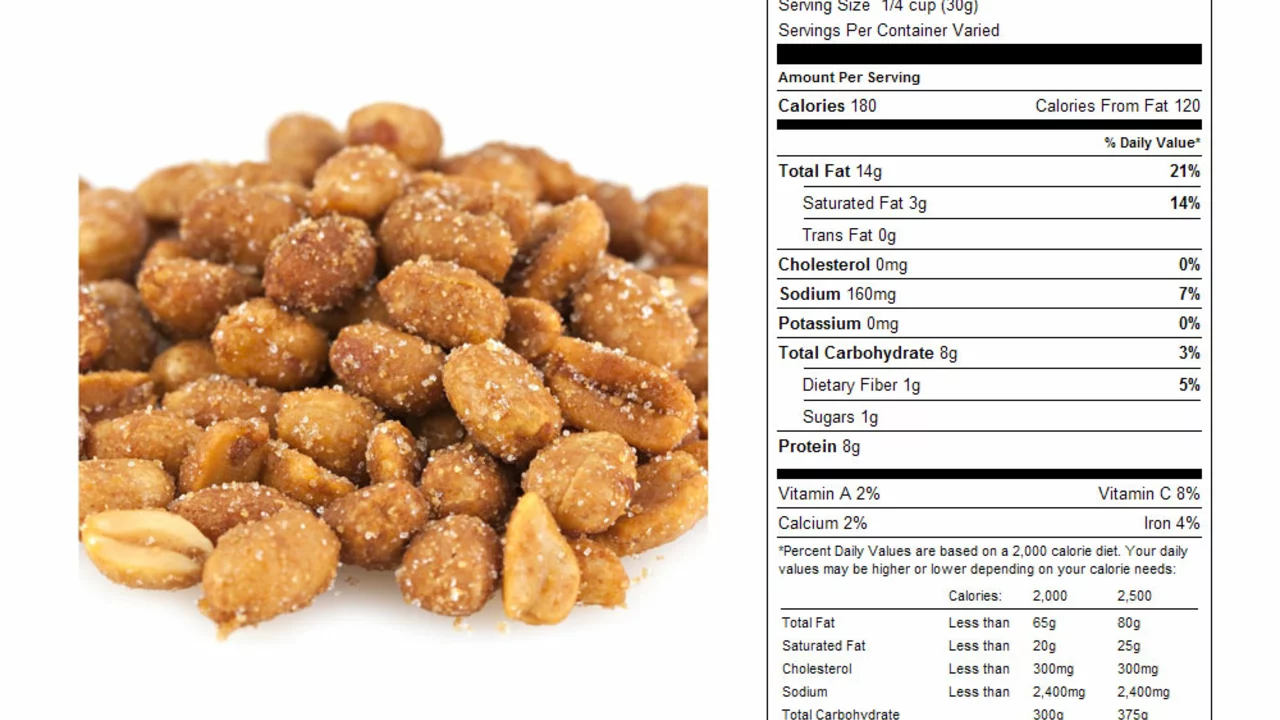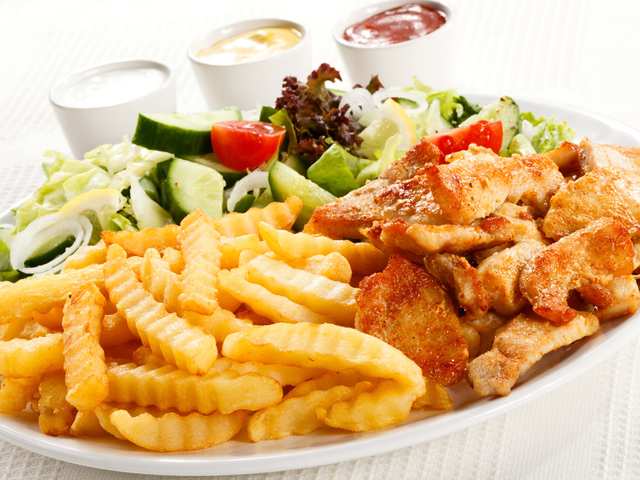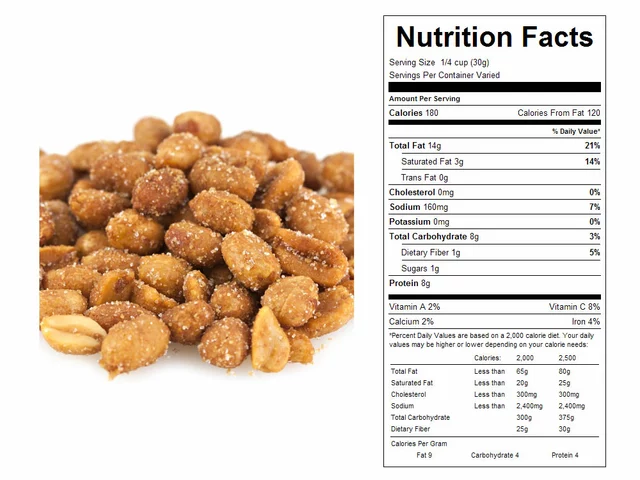
Understanding the Basics: Boiled vs. Rotisserie Chicken
When it comes to chicken, a staple in many diets worldwide, there are countless ways to prepare it. However, today we'll focus on two popular methods: boiling and rotisserie. Boiling chicken involves simmering it in water or broth until it's fully cooked, while rotisserie chicken is slowly cooked on a rotating spit over an open flame or heat source. With these definitions in mind, let's delve into the differences between the two, primarily concerning their health benefits.
Nutritional Value of Boiled Chicken
Boiled chicken is a popular choice among health-conscious individuals, and for a good reason. When chicken is boiled, it retains most of its protein content - a crucial nutrient for muscle-building and weight loss. It also contains essential vitamins and minerals, such as Vitamin B6 and B12, niacin, phosphorus, and selenium. Moreover, boiled chicken is relatively low in fat, especially if you remove the skin before cooking. This makes it a great option for those on a low-fat diet or anyone looking to monitor their calorie intake.
Nutritional Value of Rotisserie Chicken
Rotisserie chicken, on the other hand, is a flavorful favorite in many households. This method of cooking allows the chicken to retain its moisture, resulting in a tender and juicy dish. Just like boiled chicken, it's packed with protein and essential nutrients. However, rotisserie chicken can be higher in fat and sodium, especially if it's store-bought. This is because the skin is usually left on during cooking, and additional seasonings or marinades may be used, which can increase the sodium content.
Caloric Comparison: Boiled vs. Rotisserie Chicken
When it comes to calories, the preparation method can significantly impact the final count. Generally, boiled chicken contains fewer calories than its rotisserie counterpart. This is primarily because boiled chicken is often prepared without the skin, which is where most of the fat - and therefore calories - are found. However, if you enjoy your chicken with the skin on, the caloric difference may not be as significant.
The Healthier Option: Boiled or Rotisserie?
So, is boiled chicken healthier than rotisserie chicken? The answer to this question largely depends on your specific dietary needs and goals. If you're aiming to reduce your caloric or fat intake, boiled chicken would likely be the better option. However, if you're more concerned about flavor and don't mind the extra calories, rotisserie chicken might be the way to go. Ultimately, both types of chicken offer valuable nutrients and can be part of a balanced diet.
Advantages of Boiling Chicken
There are several benefits to boiling chicken. Firstly, it's a simple and quick method, making it a convenient choice for busy individuals. Secondly, boiling allows you to easily control the amount of fat in your meal since you can choose to remove the skin before cooking. Additionally, you can boil chicken in broth or add herbs and spices to the water for extra flavor without adding many calories.
Benefits of Rotisserie Chicken
Rotisserie chicken also has its advantages. This method of cooking results in a crispy skin and tender meat that many people find incredibly tasty. Moreover, if you're short on time, picking up a pre-cooked rotisserie chicken from the store can be a real time-saver. However, remember to check the nutrition label if you're watching your sodium or fat intake.
Final Thoughts: Making the Right Choice for You
At the end of the day, whether you choose boiled or rotisserie chicken should depend on your personal preferences and dietary needs. Both methods offer nutritional benefits and can be incorporated into a healthy diet. If you're unsure which option is best for you, consider consulting with a dietitian or nutritionist. They can provide personalized advice based on your health goals and lifestyle. Remember, the key to a healthy diet is balance and moderation.


